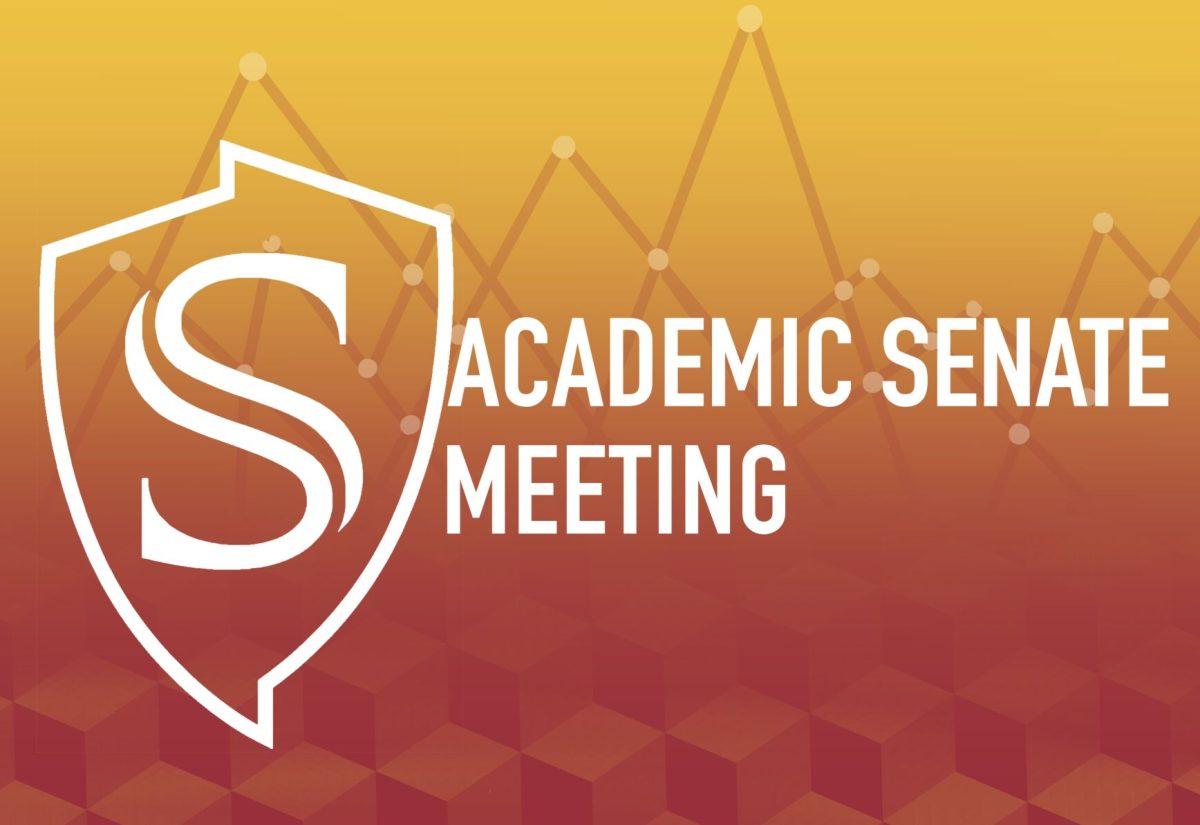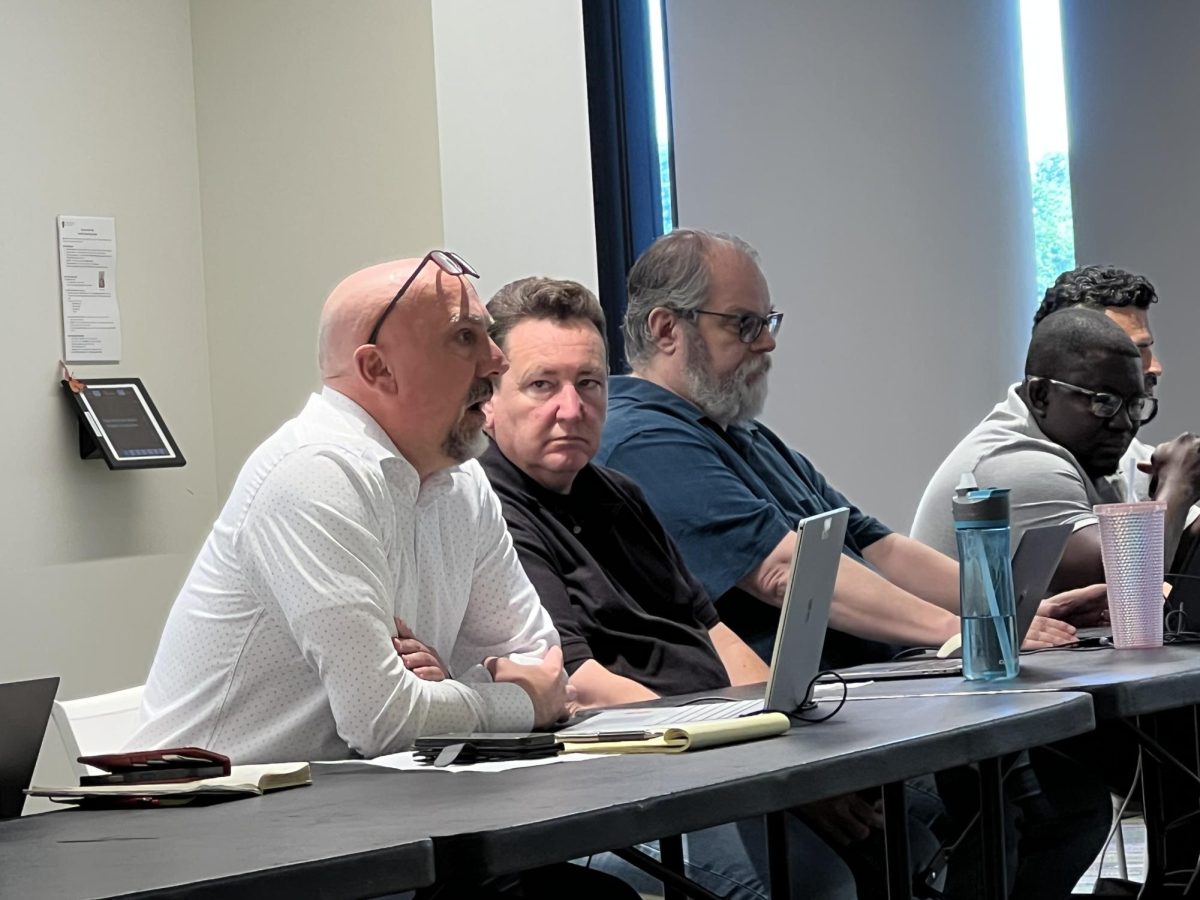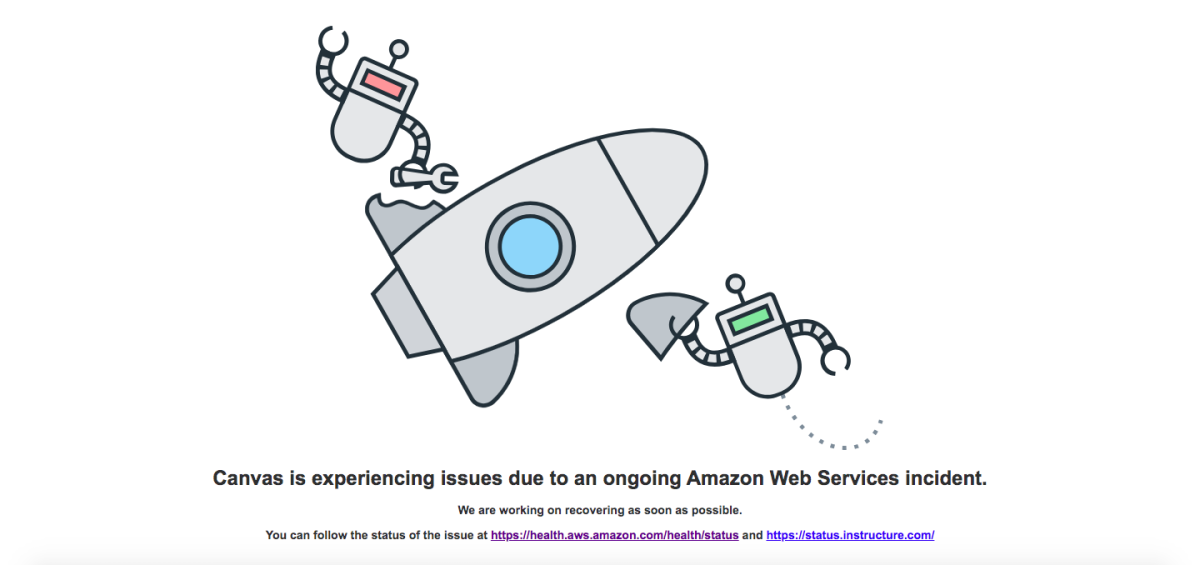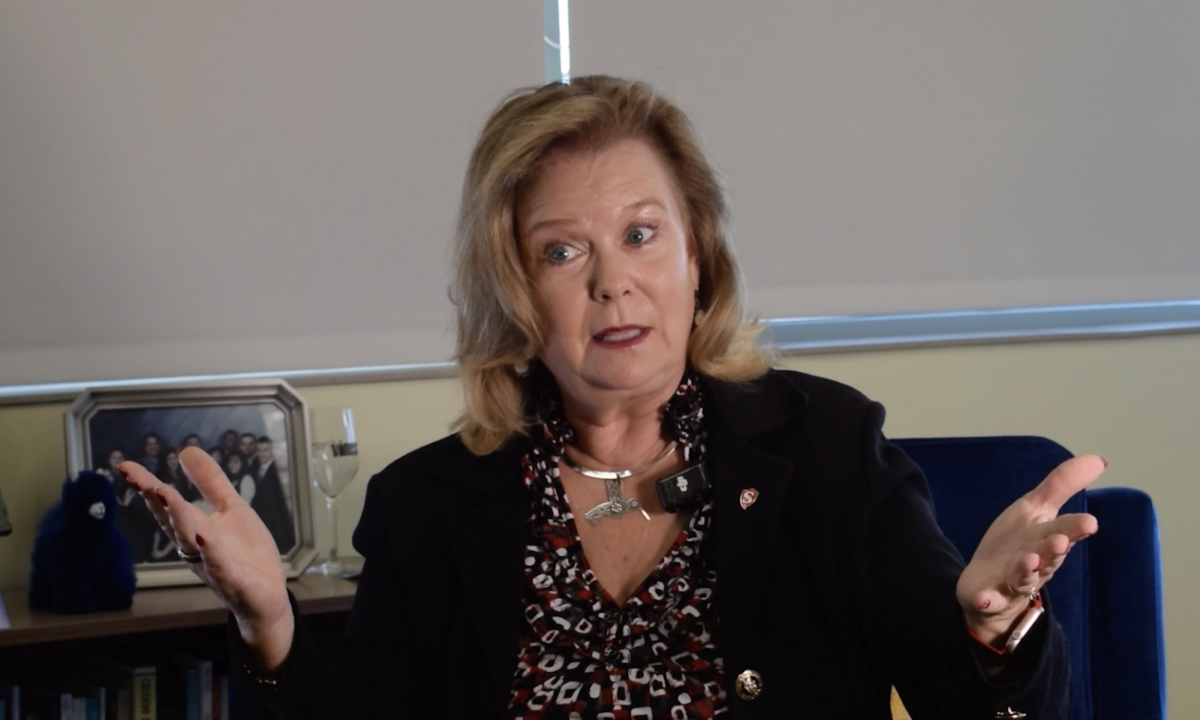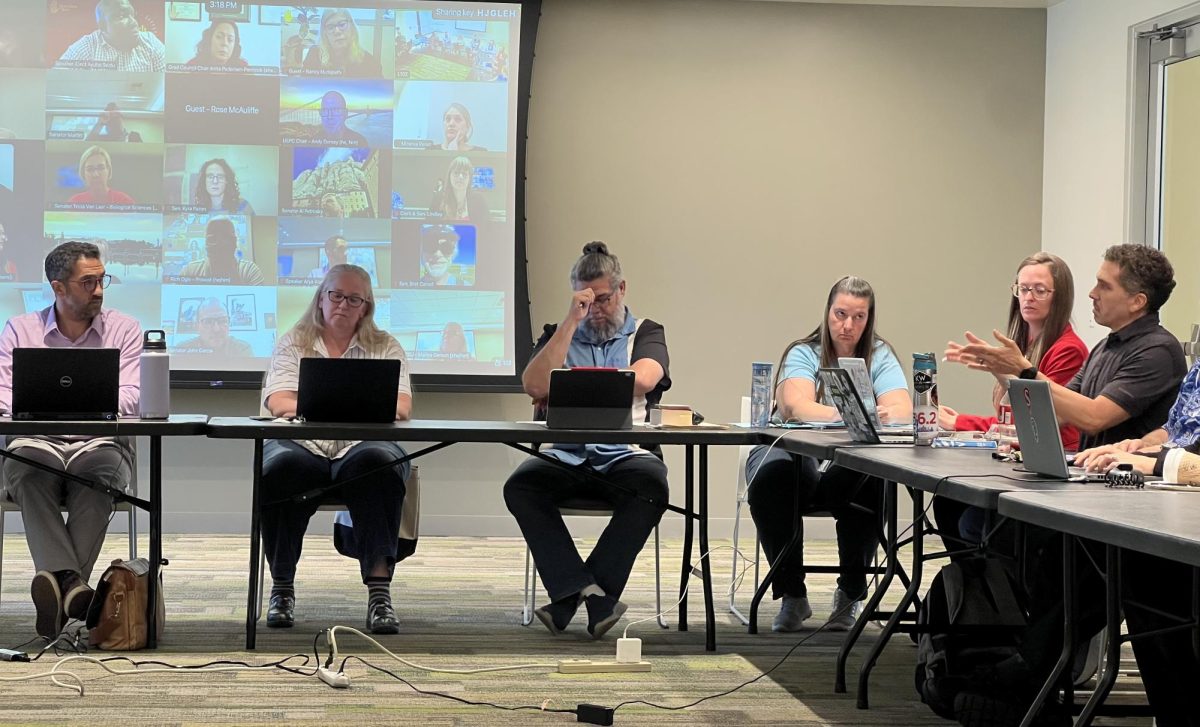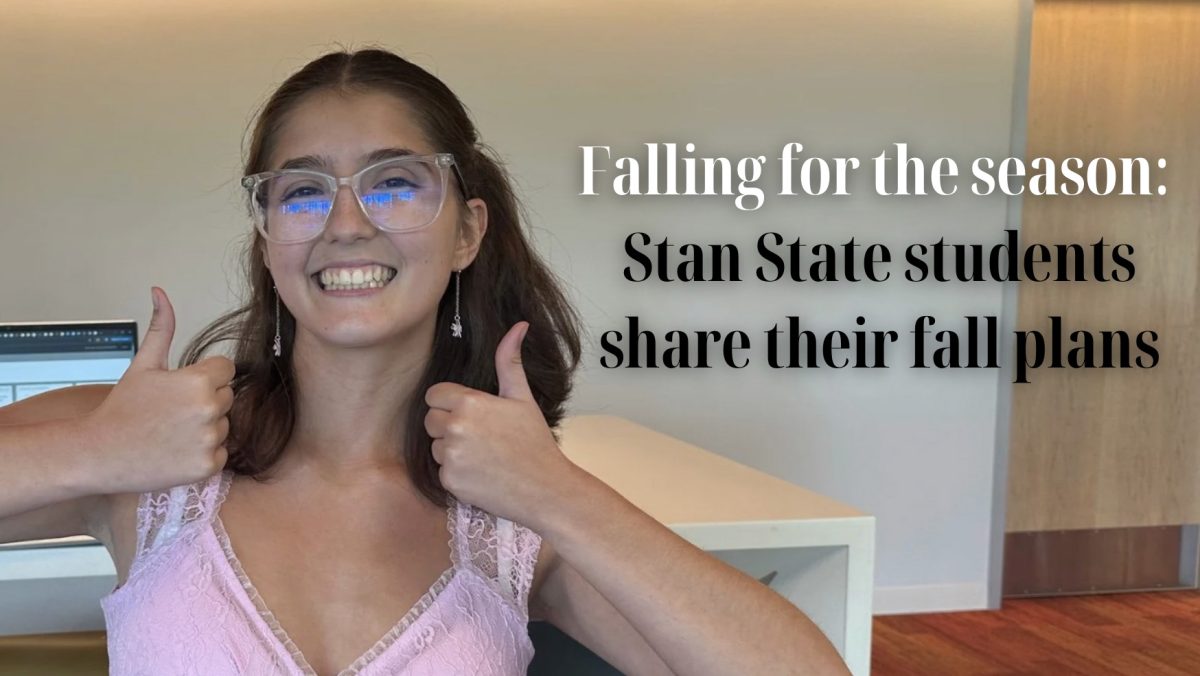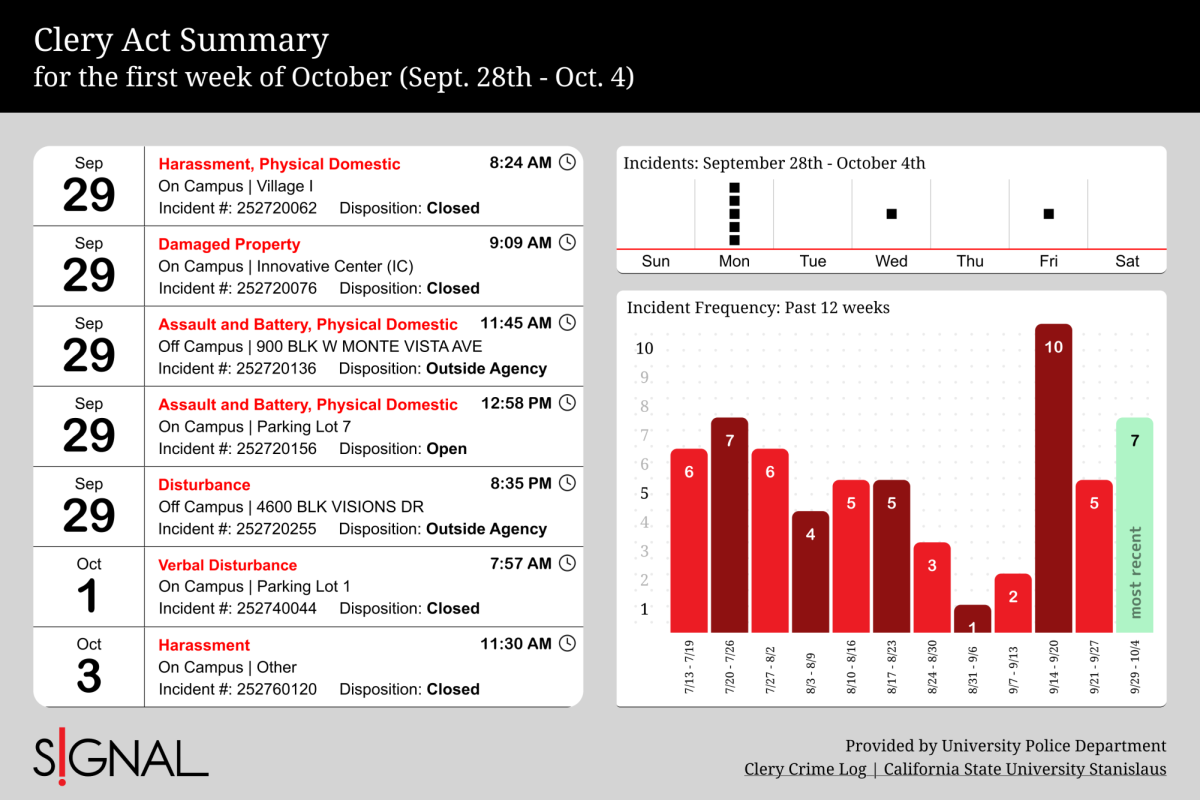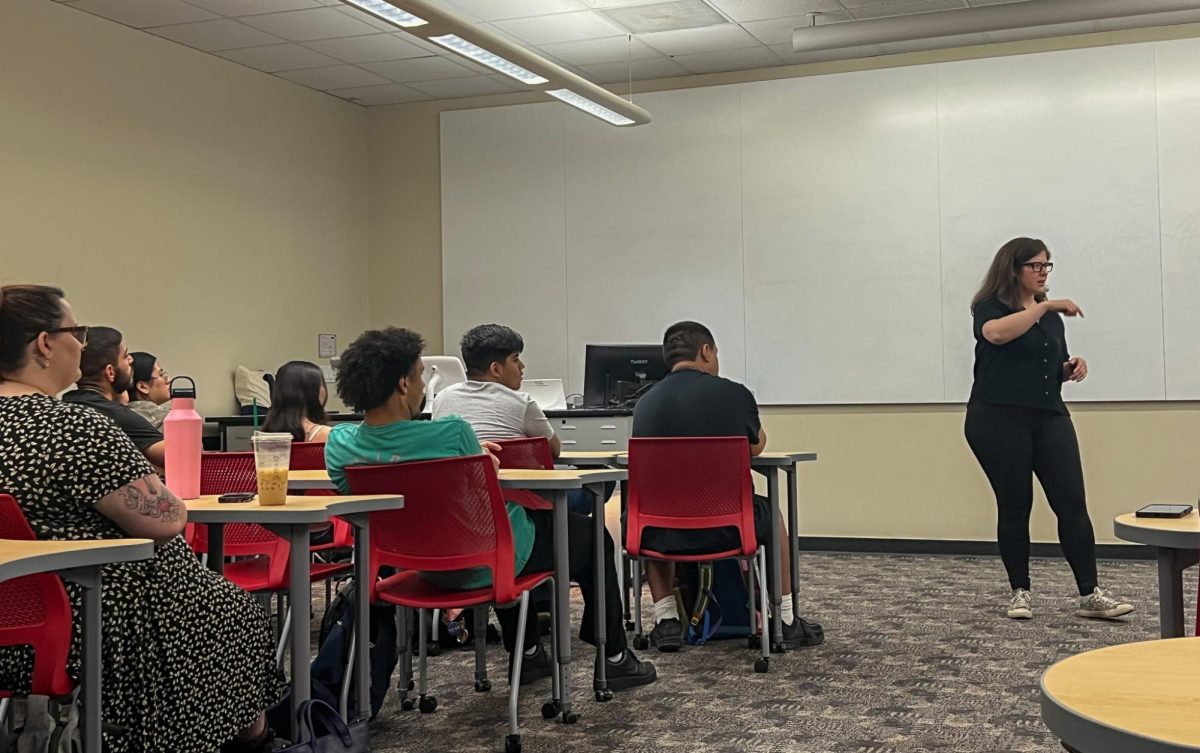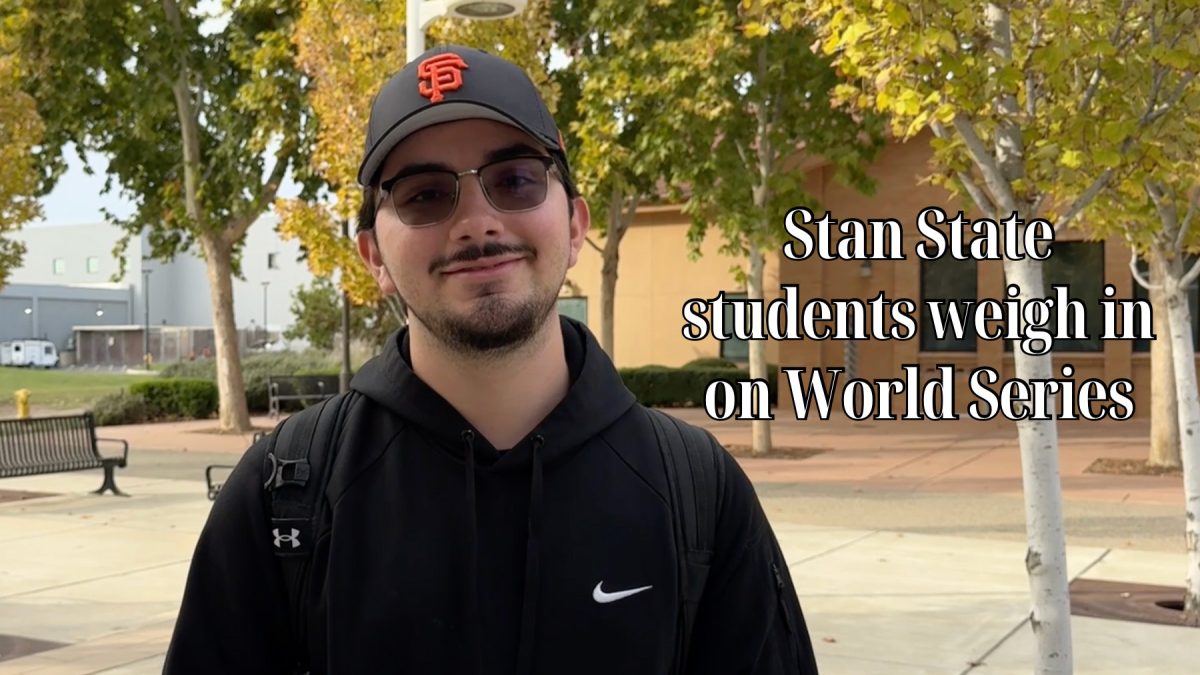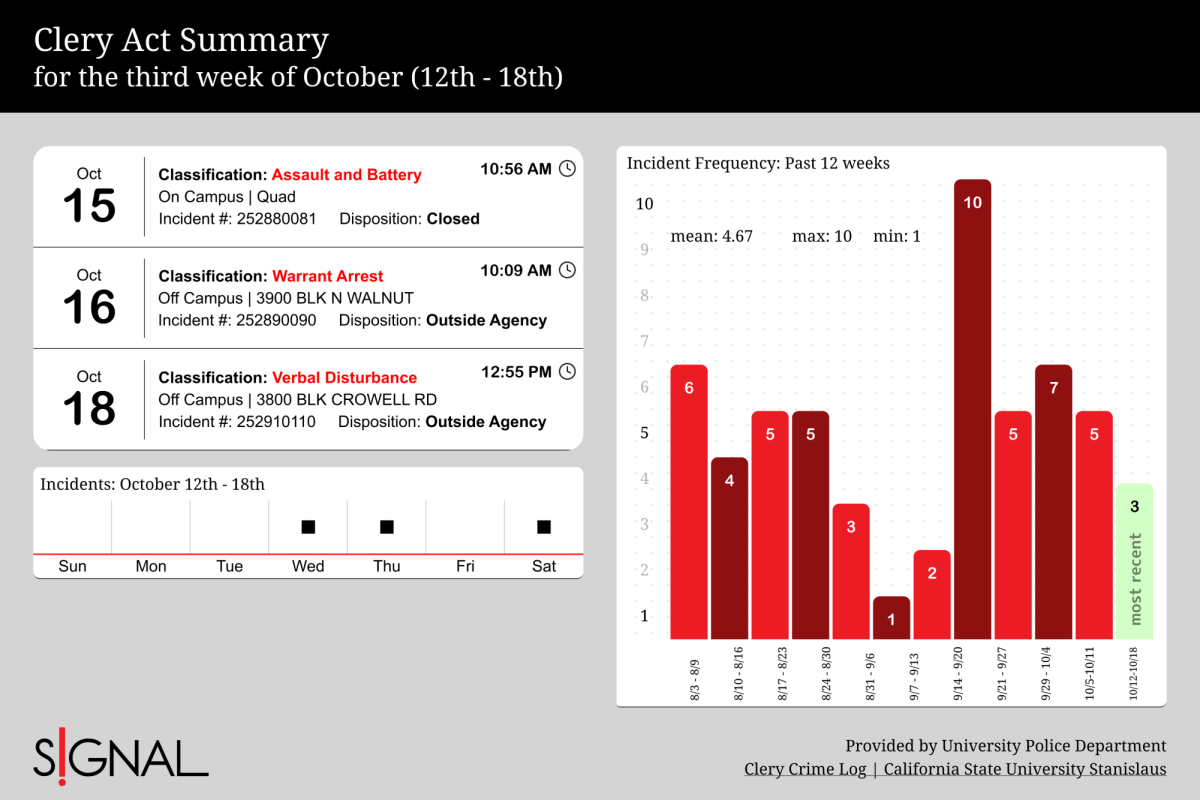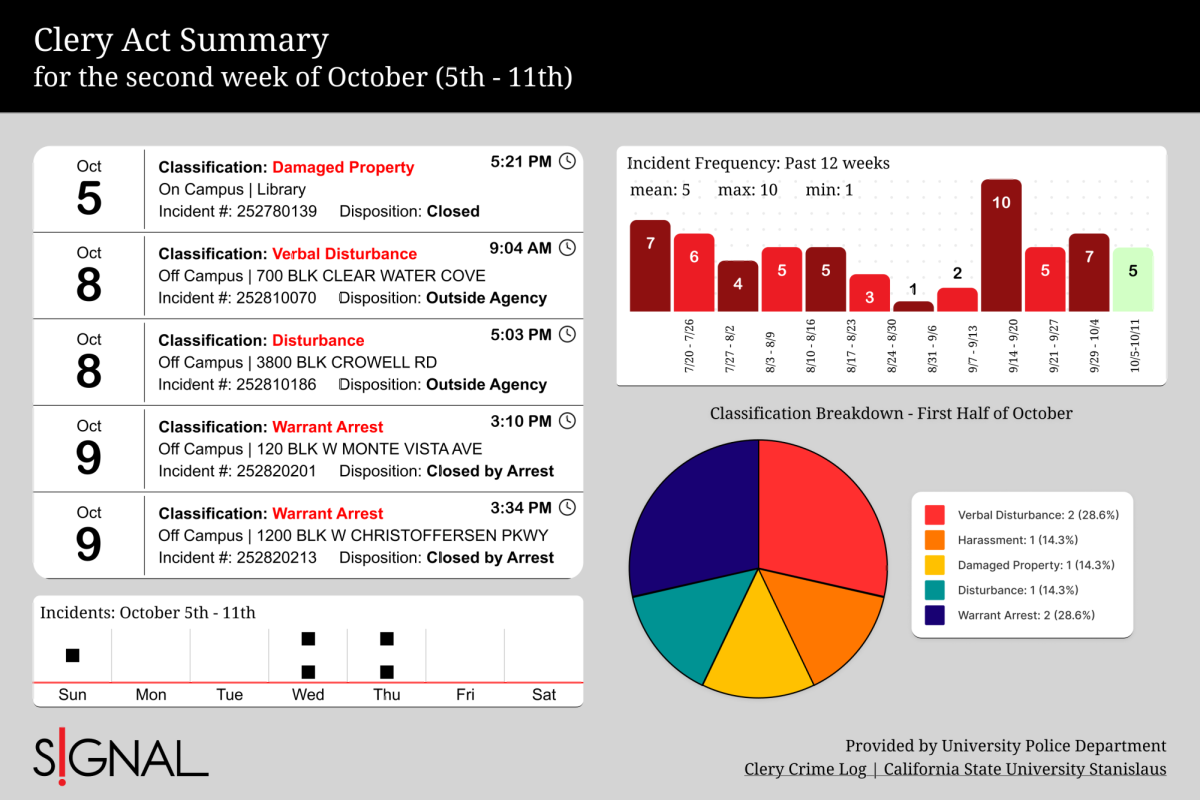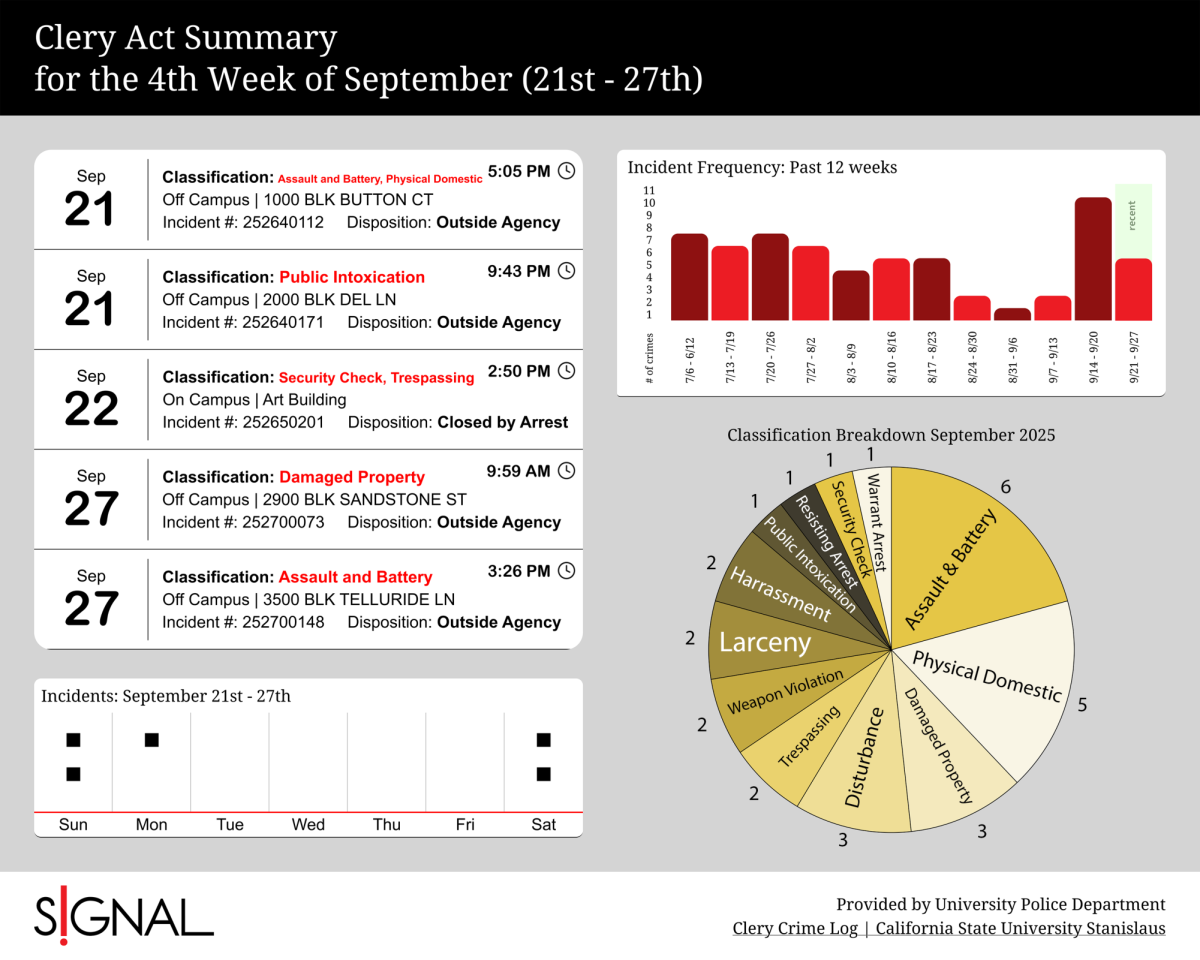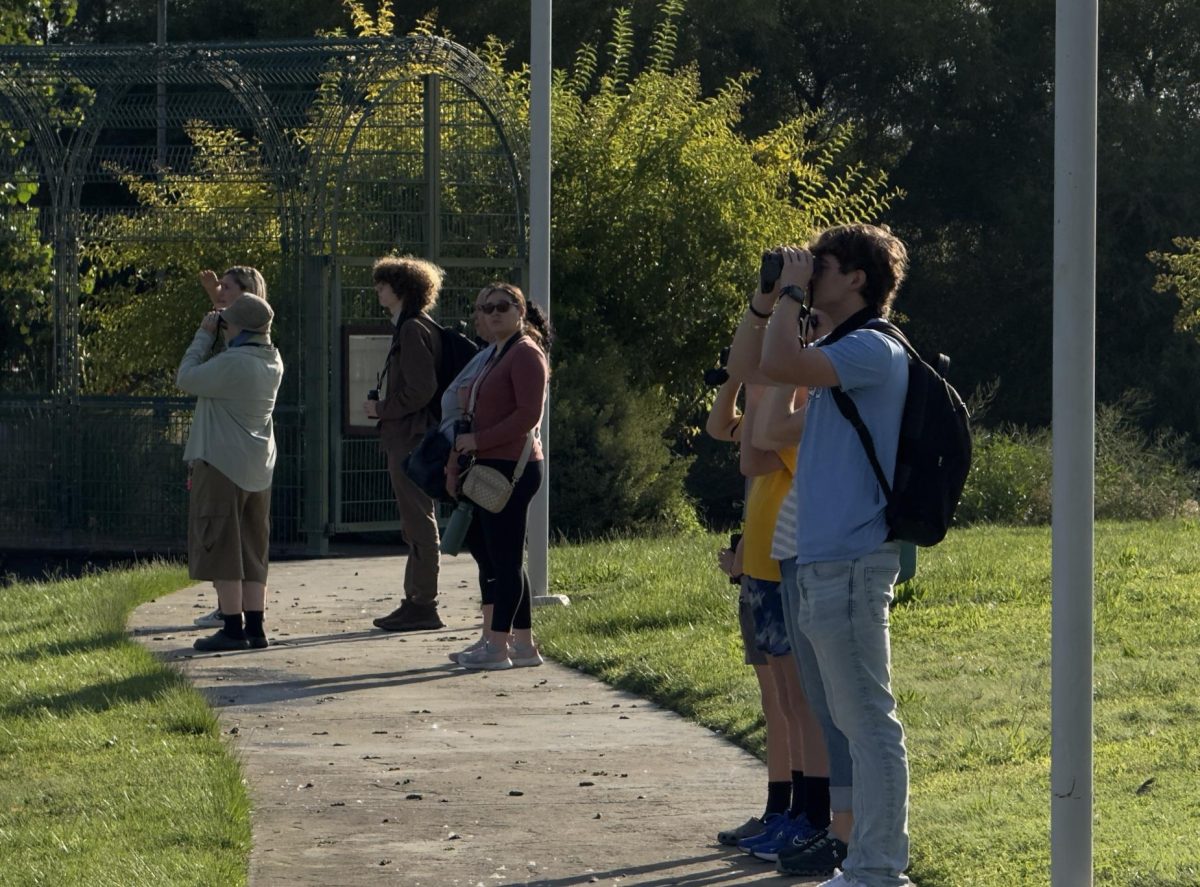CSU Stanislaus’s Academic Senate met on March 14 to discuss issues such as the correction of faculty salaries, the updating of the Journalism minor in English, the introduction of a Digital and Social Media Marketing concentration for the MBA, and the proposal of changes to the Grade Appeal Policy that could shorten the deadlines for faculty and students alike.
Tracey Myers, an Academic Advisor in the Student Success Center, began by reminding attendees that registration for summer classes opened this last week. She encouraged faculty to spread word due to the switch to state-side financial aid, which makes financial aid available to students in the summer, and that if they’re interested, it’s vital to begin enrollment.
“The best thing students can do is sign up for the classes, because that is what triggers financial aid to create a package that is individualized to that particular student,” Myers said.
Committee reports followed after, and they started with Academic Technology and Learning Committee (ATLC) chair, Peggy Hauselt.
Hauselt reported that they’re working on the classroom technology plan for the Stockton campus’s new building.
The Faculty Affairs Committee, represented by Faculty Chair Marina Gerson, reported that the Stockton campus is having ongoing technology and infrastructure issues. To help assist the issue, three open forums were held to hear lecturer concerns.
The Faculty Budget Advisory Committee reported survey results. Chair Andrew Gardner discussed the top concerns of faculty, which include salary and compensation, facilities and classrooms, tenure track, hiring and staff support.
“This week we’ve been working in smaller groups to begin drafting the budget priorities that will be shared in about a month,” Gardner said.
Following, Associated Students Incorporated (ASI) reported that their lobby team attended the California High Education Summit. ASI was able to lobby and talk to Assembly members and Senators.
ASI plans on hosting a town hall on March 21 from 5-6 p.m. in Student Center 202 to discuss student’s concerns about campus dining.
Their concluding remarks included their support for and participation in the Out Of The Dark campus walk designed to engage youth and young adults in the fight to prevent suicide.
California Faculty Association (CFA) chair Dave Colnic informed attendees that they had a couple of successes. CFA identified a potential problem for lecturers that was associated with course modification along with its impact on lecturers’ progress towards range elevation (salary) and their future entitlements.
They found 35 additional faculty that were eligible for range elevation that was initially missed due to a flaw in the calculation. “I’m hopeful that we can do this [problem-solving] with other issues, including some of the more significant range elevation policy questions that are being debated,” Colnic said.
Update to Journalism Concentration Passes
The first and second reading item was the Journalism and the Professional Writing Concentration resolution. Chair, Marcy Chvasta, explained that the update to the minor is designed to give students a foundation in professional workplace writing. This will allow students to complete their BA in English as writing specialists. The resolution passed.
New MBA Concentration on the Table
The Academic Senate continued on the first reading items. The first of these was presented by Graduate Council Chair Virginia Hernandez, who introduced a resolution to create a new concentration in Digital and Social Media Marketing to the Masters of Business Administration pathway.
“We hired a consulting company to do a market demand scan in our area to see if we have a need for this concentration and the conclusion from their report is that there is a need for digital and social media marketing in our nearby region,” said Jenny Li, an associate professor of Operations management who was in the discussion to answer questions about the new MBA program.
There were no objections to the proposal and it appears likely to pass at its second reading.
Change from the Multicultural Requirement to the Sociocultural Inquiry Requirement
The multicultural requirement is currently a requirement for graduation. Chvasta introduced a resolution to change the name of this requirement to the sociocultural inquiry requirement and to make significant changes to its learning goals.
This resolution was first brought to the Senate as an information item on February 14 and has since gone through a number of revisions based on feedback the UEPC received from faculty.
“I just appreciate all the work that’s been done on it so far,” said Senator Jori Lindley, who seconded the proposal. “And I know it’s been controversial, but it seems like this is what we landed on, and I do support it.”
These changes might exclude courses that currently fulfill the multicultural requirement, but Senate Chvasta assured the Senate that courses that fulfill the new criteria are already being proposed and that instructors are free to orient their current courses towards the new goals.
Students who have already fulfilled their multicultural requirements will not need to take sociocultural inquiry courses to graduate.
Grade Appeal Policy
The Academic Senate is considering shortening the timeline of grade appeals through the introduction of a new resolution that would supersede and repeal the policy passed in 1996.
“I appreciate UEPC’s work on this resolution,” said Maria Gerson.
She explained that waiting until the fall semester to handle a student’s appeal that occurred in the Spring semester is a very long time, and that having students wait a long time to discover the outcome of a grade appeal they filed isn’t convenient.
Senator Brian Morsony moved to make a change, proposing giving students a year (from 4 weeks) after the beginning of the semester following the one where they received the grade to grant more time to file.
Some faculty objected to this due to the possibility of faulty memory limiting their ability to defend themselves and that it would be counter-intuitive to the resolution’s purpose of making grade appeals faster and more timely.
Morsony argued—based on his time as an advisor where he sometimes discovers that students should have appealed a grade, but did not do so—that students should have more time to appeal, but agrees that the process following the filing of the appeal should be faster. Tracy Myers stepped in to agree with Morsony.
It’s possible a version of the proposed change to extend the deadline to file could be implemented before the resolution’s second reading, but it’s not likely to be as long of an extension as Morsony proposed.



